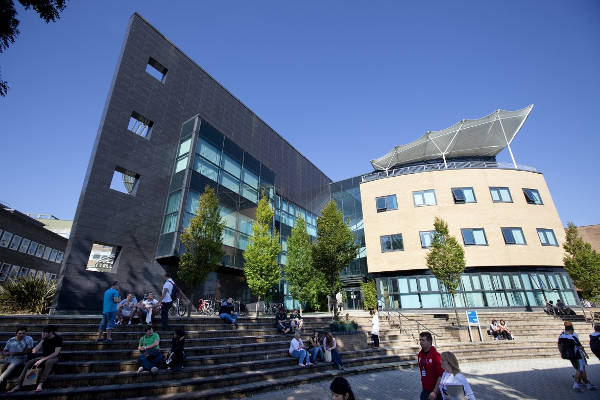Times are difficult for young Australians. There’s the housing affordability crisis, the high cost of tertiary education and now another thing to worry about: unemployment.
Whilst it is well known that youth unemployment is at an all-time high (with 13.5% of young people unable to find jobs), statistics have found that even young graduates with degrees are struggling to get work.
In a 2014 study, only 68% percent of bachelor graduates had a job after four months of graduating. That is the lowest full-time employment rate for new graduates since Graduate Careers Australia began measuring in 1982.
Some courses aren’t even providing relevant training which is hindering the job searching process. This week, it was revealed tens of thousands of young Australians with hairdressing qualifications are so badly trained that they are unemployable.
Right now it is more important than ever to choose a course that not only suits your needs, but also provides the best qualifications and training to best set you up for a job. Here are the things you need to keep in mind before selecting a course:
1. Don’t base your decision on your ATAR
There is a ridiculous amount of pressure to get a good ATAR, but don’t be fooled. A high ATAR requirement does not equate to a good university course.
Instead, visit a range of universities and see what best suits your needs. Attend open days and see the facilities. Talk to lecturers. And most importantly look at the course content. What are the core and optional modules on offer? Do you get work experience?
The more you visit the university, the more of an idea you will get about the university experience. And for a design-based course, attend the end-of-year graduation show. You’ll be able to see students’ work and talk to them to get a real understanding.
2. Choose a broad course
In today’s society it is really important to be a well-rounded graduate and have a range of skills. One of the best ways to ensure this is to choose a broad course.
“Many of the jobs that will be available when you graduate haven’t even been invented yet”, Dr Ivison told The Conversation.
“And this means a narrow, vocationally-focused degree will not necessarily set you up best for the future”. He said.
When you enter the job market employers will be looking for the kind of people who can keep learning, deal with change and communicate effectively. A good option is to go broad at undergraduate level, and then to specialise at masters.
3. Look at Graduate employment rates
Most Universities offer employment rates on their website. They tell you the percentage of graduates in paid employment or further study six months after graduating. The higher the percentage, the more likely you’ll be able to find a job after graduation.
You can also check out the links between the university and the employer as well as the employment sectors students have worked in. Strong links with employers helps to ensure the relevance degrees and equip you with work-ready skills so you’re more likely to be employed.


![5 Reasons You Should Travel Alone Airplane [image source: chau nguyen/ http://thedevilhatessweatpants.blogspot.com.au ], crowd ink, crowdink, crowdink.com, crowdink.com.au](https://crowdink.com/wp-content/uploads/2016/08/Chau-airplane-218x150.jpg)





























